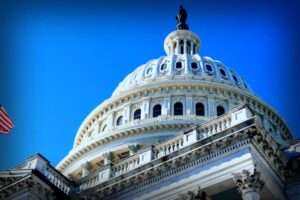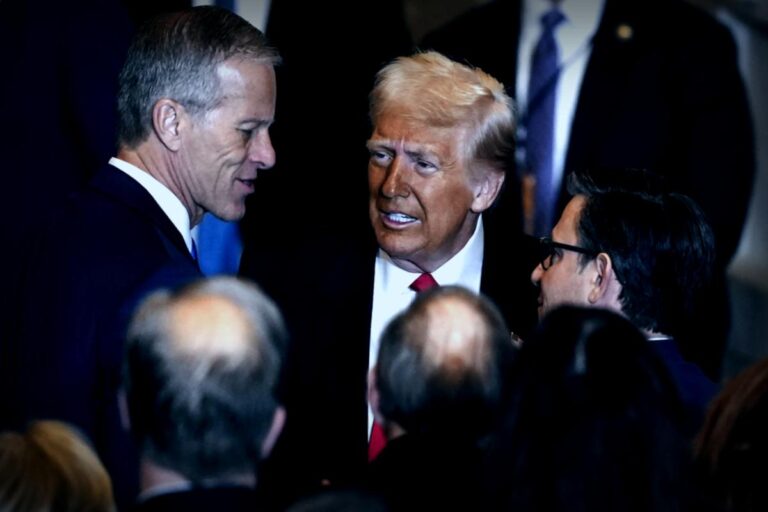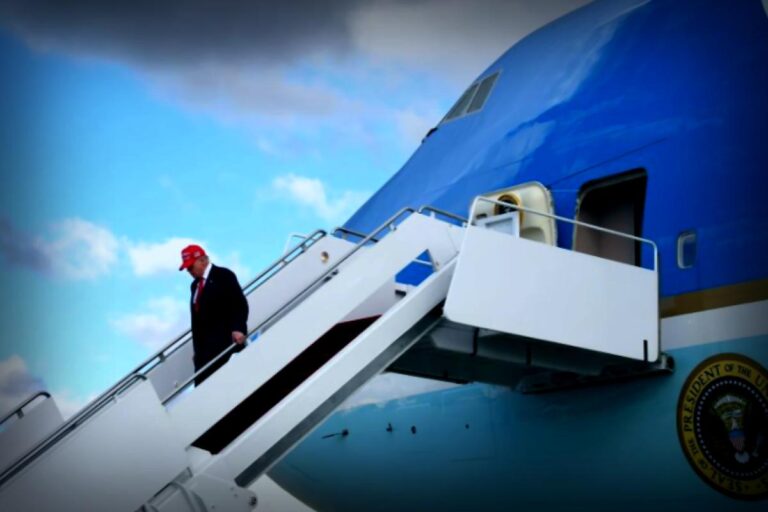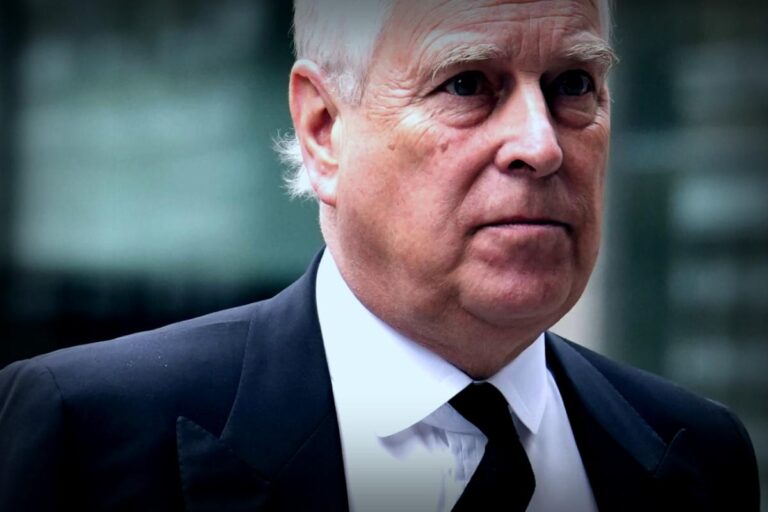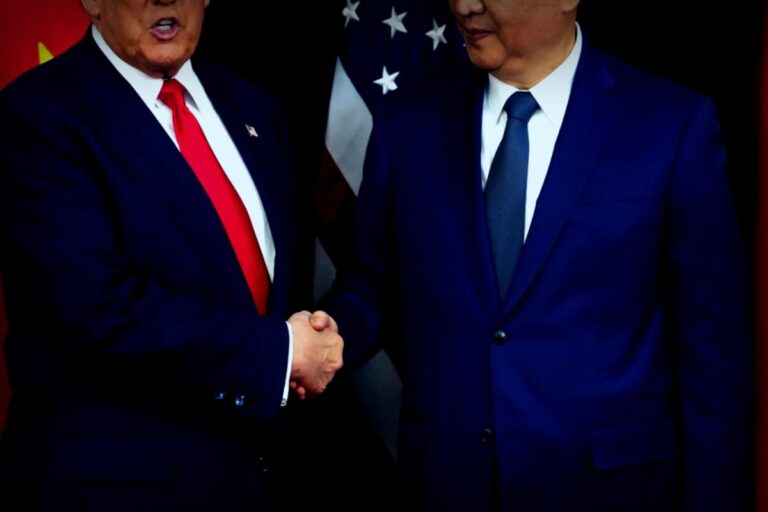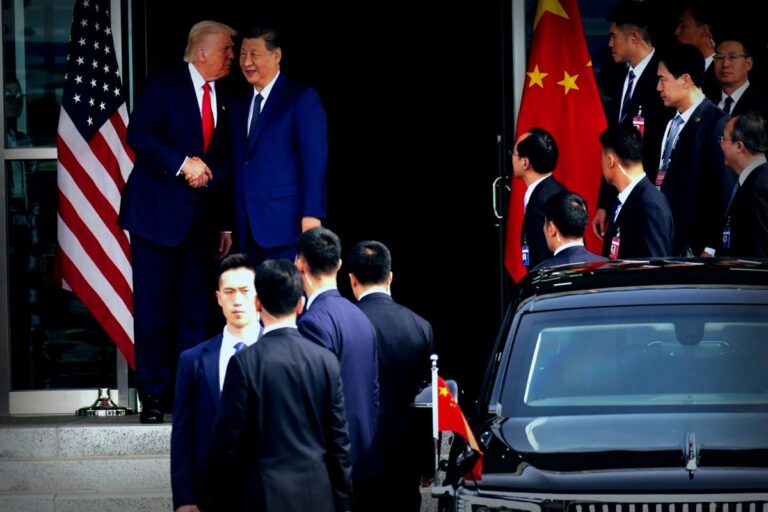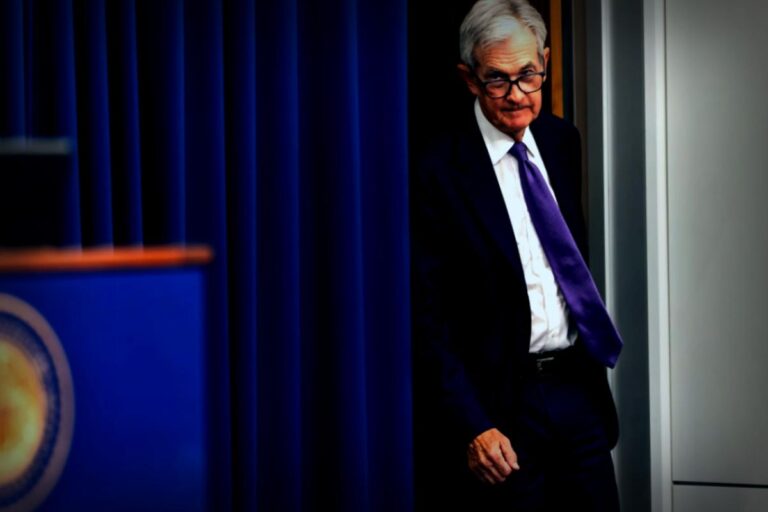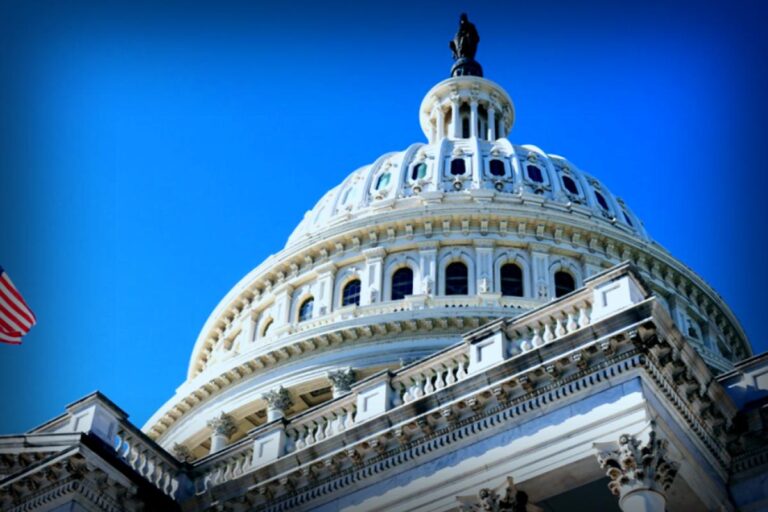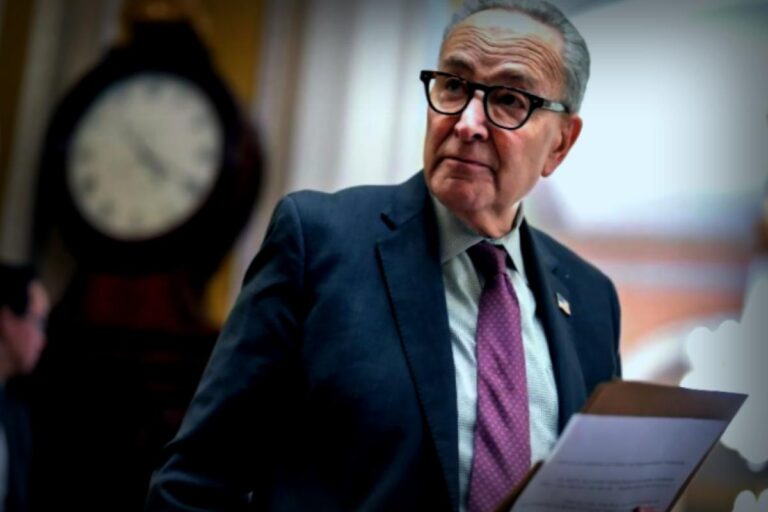In an important development, the merger between Paramount Global and Skydance Media has received formal approval from the Trump administration, wrapping up a complicated period of regulatory scrutiny. The decision, which came on Thursday, has ended months of uncertainty regarding the $8 billion deal.
Voting strictly along party lines, the FCC commissioners approved the merger 2-1. This means that Skydance’s CEO, David Ellison, is now set to finalize the acquisition of Paramount in the next few weeks.
The merger review process was notably dramatic, with allegations swirling about interference from political circles, largely stemming from President Trump’s vocal criticisms of the CBS News division of Paramount.
To ease concerns, the future owners of Paramount recently decided to hire an ombudsman for CBS and refrain from enforcing any new diversity, equity, and inclusion policies. These steps were instrumental in securing approval from FCC chair Brendan Carr, who has drawn attention to the federal agency’s shift under Trump’s administration.
Brendan Carr has openly aligned himself with Trump, even showcasing a golden pin featuring Trump’s likeness as a symbol of his loyalty. Recently, he initiated investigations into various media outlets criticized by Trump, indicating a shift in the FCC’s approach to media ownership.
As part of the merger process, Carr received written agreements from Skydance which paved the way for a vote among his fellow commissioners. He expressed optimism regarding the changes that Skydance aims to implement within CBS, highlighting their commitment to a range of viewpoints in programming—as would undoubtedly assert the network itself.
“I welcome Skydance’s agreement to make significant changes at CBS,” Carr noted. He underlined the importance of this commitment to fostering unbiased and fact-driven coverage. According to him, such adjustments are critical for rebuilding public trust in media.
However, this focus on regaining trust has been polarizing. Conservative activists welcome it, while Democratic lawmakers have criticized Carr’s stance. Some prominent figures, like Senators Ben Ray Luján and Ed Markey, have accused the approval process of sheer corruption, pointing to recent comments made by Trump about millions in commitments regarding Paramount.
It’s worth noting that on July 1, Paramount agreed to pay $16 million to assist in funding Trump’s presidential library, an arrangement they assert is not linked to the merger’s review, despite comparisons being drawn by critics.
Additionally, Trump asserted that the future owners of Paramount pledged millions towards public service announcements, leading to the total rumored commitment exceeding $36 million. The veracity of such claims has been met with skepticism; current and future owners have been vague about involvement in negotiations regarding that figure.
These allegations led Senator Elizabeth Warren to assert the need for investigation into possible misconduct surrounding the merger.
On the dissenting side, Commissioner Anna Gomez voiced strong objections, expressing her concerns that this deal could promote the abuse of governmental power, aiming for financial and ideological concessions in exchange for advantageous media positioning.
“This represents a troubling chapter in the ongoing saga of press freedom in the country,” Gomez added, indicating how contentious this approval process has become.
Amidst this turmoil, CBS News employees have continued to report on key events, but the merger has created waves of uncertainty within the organization. There were signs of stability on Thursday as veteran producer Tanya Simon was promoted to executive producer of the flagship newsmagazine, “60 Minutes. Positively increasing CBS’s status in light of ongoing challenges, including reporting-related issues.
Division-generated concern continues to spew news as CBS announced a cancellation of its renowned late-night talk show, “The Late Show with Stephen Colbert”, set for next May, attributing it solely to financial limitations rather than the merger proceedings, much to the humor and critique of Colbert himself on air.
Jon Stewart, the host of “The Daily Show,” criticized the situation relating it to the pressures emanating from the Trump management, suggesting deeper implications at the corporate level for current media dynamics.
“Is the cancellation driven purely by financial logic, or are there alternative agendas at play concerning this $8 billion merger?” questioned Stewart.
Meanwhile, features from “South Park” expressed similar discontent, with pointed jabs aimed at Trump and Paramount. A satirical line implores characters in a storyline: “Don’t you want to end up like Colbert? Better stop speaking so we don’t get canceled!”



